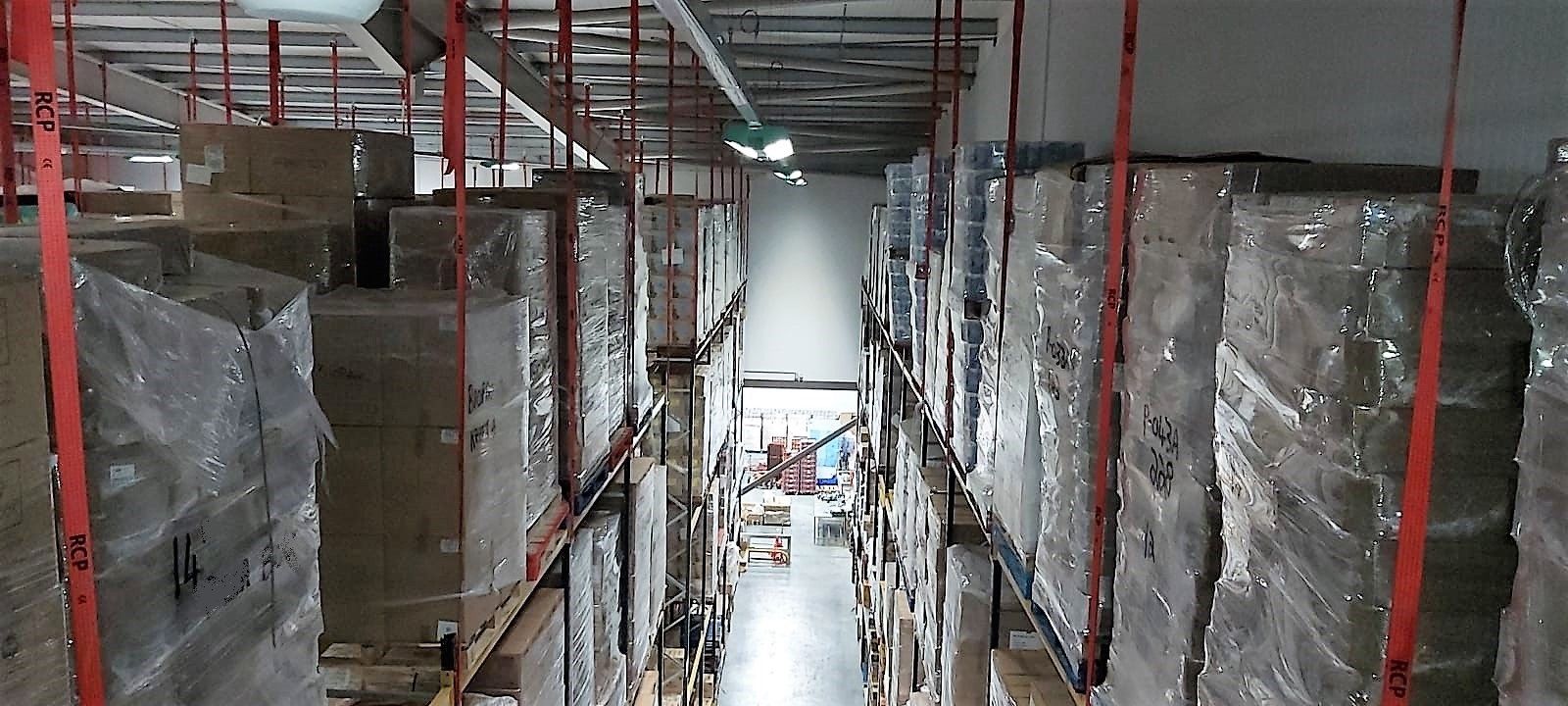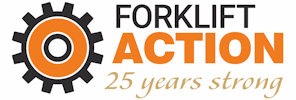Manufacturers are your Products Adequately Insured?

With rising costs throughout the supply chain affecting everything from material costs, food and fuel, now is a suitable time for manufacturers to ensure their 3PL storage and logistics provider has their products sufficiently safeguarded and insured should the worst happen.
Unless manufacturers have arranged specific terms with their storage provider, in the event of significant product loss they will only get the insurance industry standard payment under the Road Haulage Association Conditions of Storage which specify an insurance recovery value of £100 per ton/pallet. And with so many products more than this insurance figure, particularly high value items such as computer components, pharmaceuticals and the like potentially costing in the thousands of pounds per ton/pallet, the risk from being underinsured is significant.
With over 30 years food and storage industry experience and working with a growing number of companies in the UK, Ireland and Europe to remove the dangers of pallet racking failure, Rack Collapse Prevention MD Craig Attwell commented: “As warehouses and storage facilities get bigger and busier, it’s important for product manufacturers who use third-party storage and logistics providers, to ask the question ‘is my product adequately insured’ as it’s the manufacturer’s responsibility to insure goods for their true value.”
Rack Collapse Prevention’s top-supporting racking safety system, where installed, prevents the destruction of a rack even after the total loss of rack-leg floor contact, and so eliminates the potential for product loss due to racking failure and the inevitable monetary impact.
Proven in real world racking impact events, Rack Collapse Prevention’s safety system is designed specifically for warehouse and storage facilities where pallet racking is used and suitable for all environments of ambient, chilled and frozen.
Added Craig: “It’s so important to make it routine to review your insurance coverage, the same way you would check to see that the facility your products are to be stored in had robust preventative safety measures in place, as accidents will and do happen.”
)
)
)
)
)
)
)
)
)
)
)
)
)
)
)
)
)
)
)
)
)
)
)
)
)
)
)
)
)
)
)

)
)
)
)
)
)
)
)
)
)
)
)
)
)
)
)
)
)